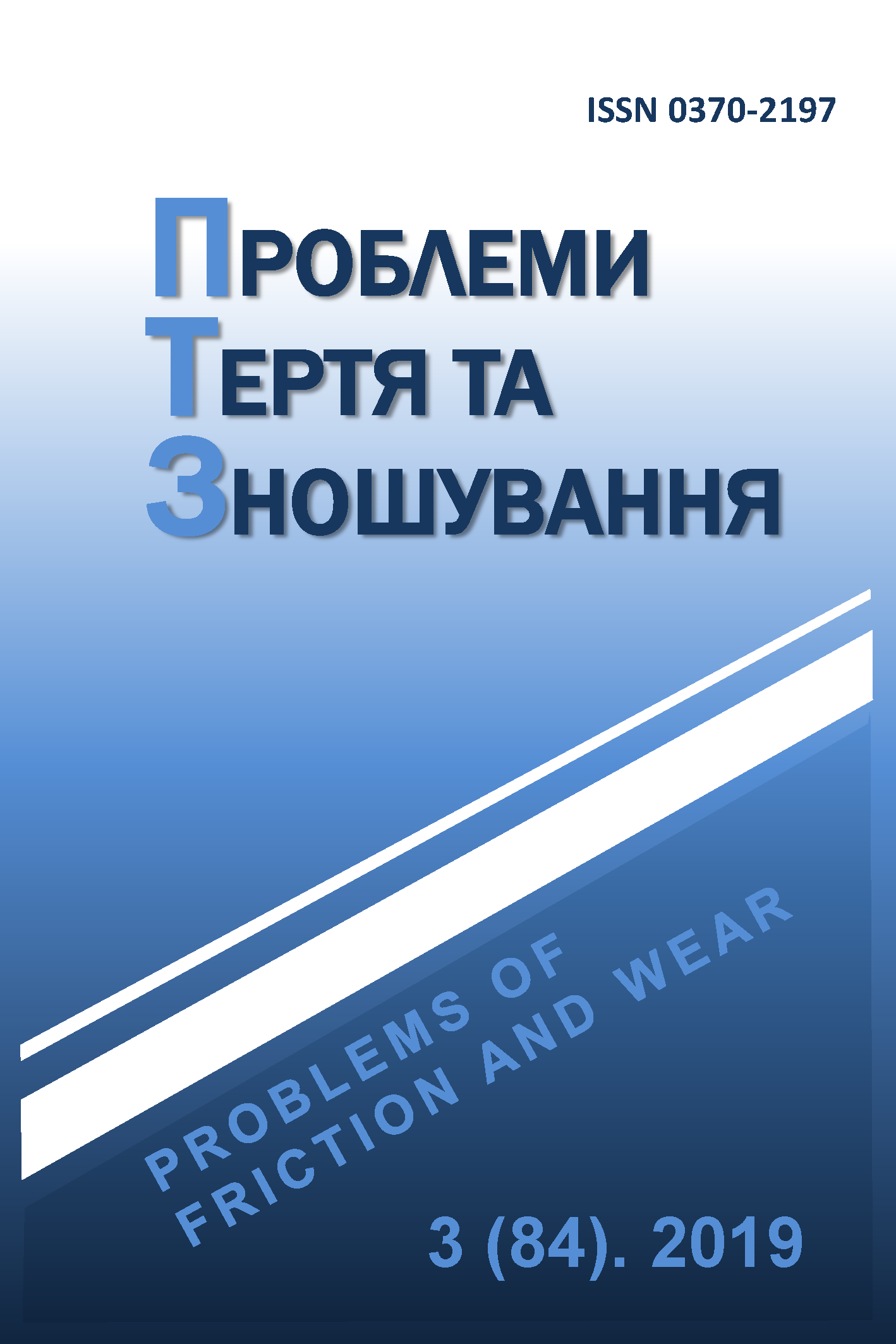AN IMPROVED TECHNIQUE FOR THE INTEGRATION OF CONSTITUTIVE RELATIONS FOR SINGLE-CRYSTAL PLASTICITY
DOI:
https://doi.org/10.18372/0370-2197.3(84).13851Keywords:
constitutive relations, single-crystal plasticity, integration evolution equations, slip update procedureAbstract
Turbine blades in aero engines experience complex thermo-mechanical loadings, including creep, relaxation and cyclic straining. With respect to single-crystal super-alloys, the dependence on the orientation becomes also crucial. Hence, the integration of the constitutive models to simulate the mechanical response of blades needs the robust numerical algorithms.
The constitutive relations for the single-crystal plasticity include a set of in-equalities attributed to the Kuhn-Tucker conditions. Since the active constraints are a priori unknown, the conventional solution strategy follows a slip update procedure. The active slip systems which satisfy the constraints are thus iteratively determined. This is rather computationally expensive. Moreover, the convergence of the slip update procedure is an open issue. The paper addresses the topic of a stress-update algorithm which avoids the mentioned iterative search for the active constraints. To this purpose, the mathematical theory for replacement of inequalities by equations is applied. The constitutive relations are reformulated to the problems which omit inequalities with respect to new unknowns. These are uniquely related with the unknowns of the original problem.
The computational efficiency of the approach is demonstrated by the implicit integration of a crystallographic constitutive model for face-centered cubic (fcc) single-crystals. The shear strain rates on twelve octahedral and six cubic slip systems contribute to the resulting inelastic strain. For a more general consideration, the rate-dependent slip is assumed in addition to rate-independent plasticity. As a consequence, the deformation at both moderate and high service temperatures can be reproduced.

